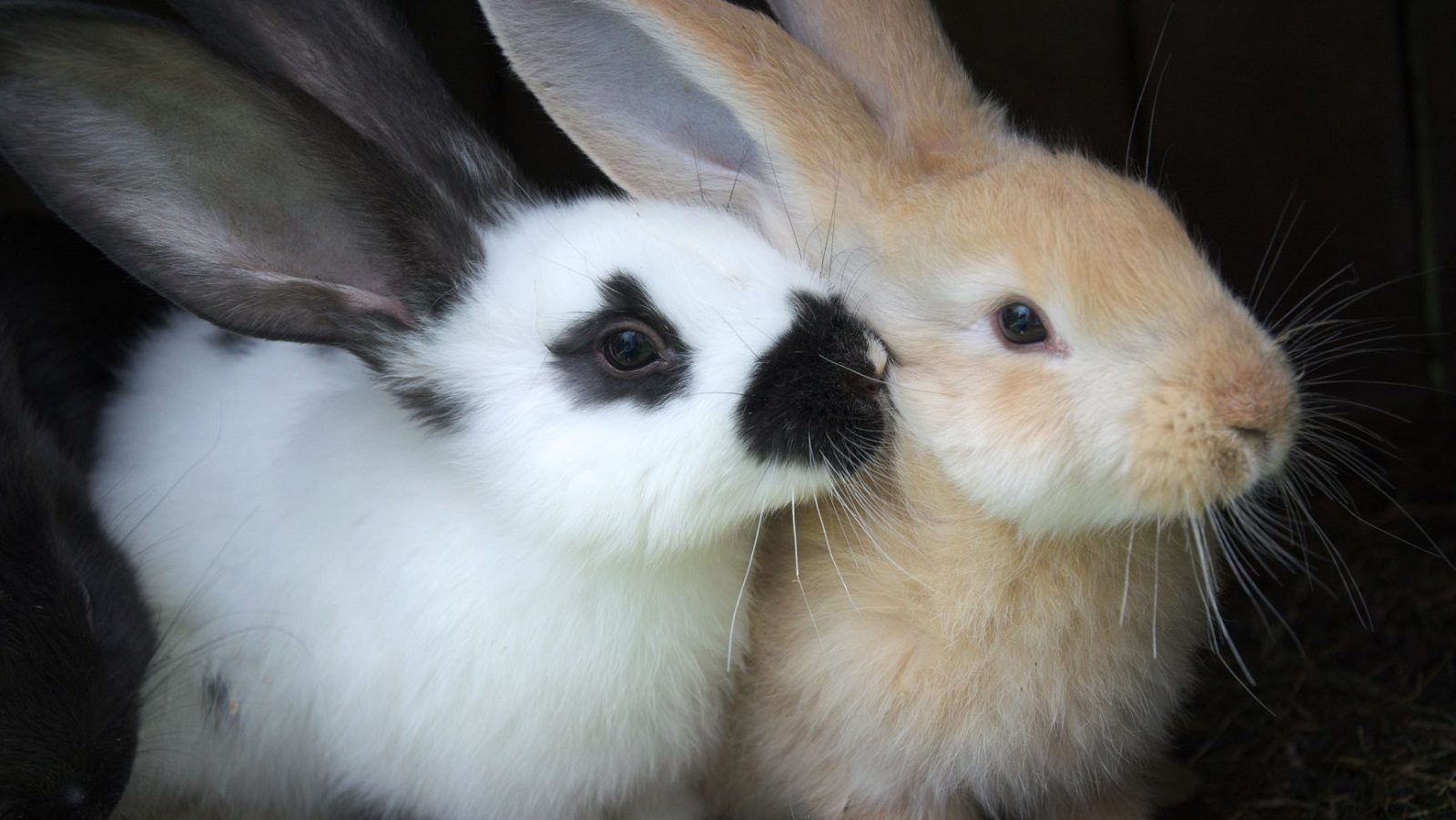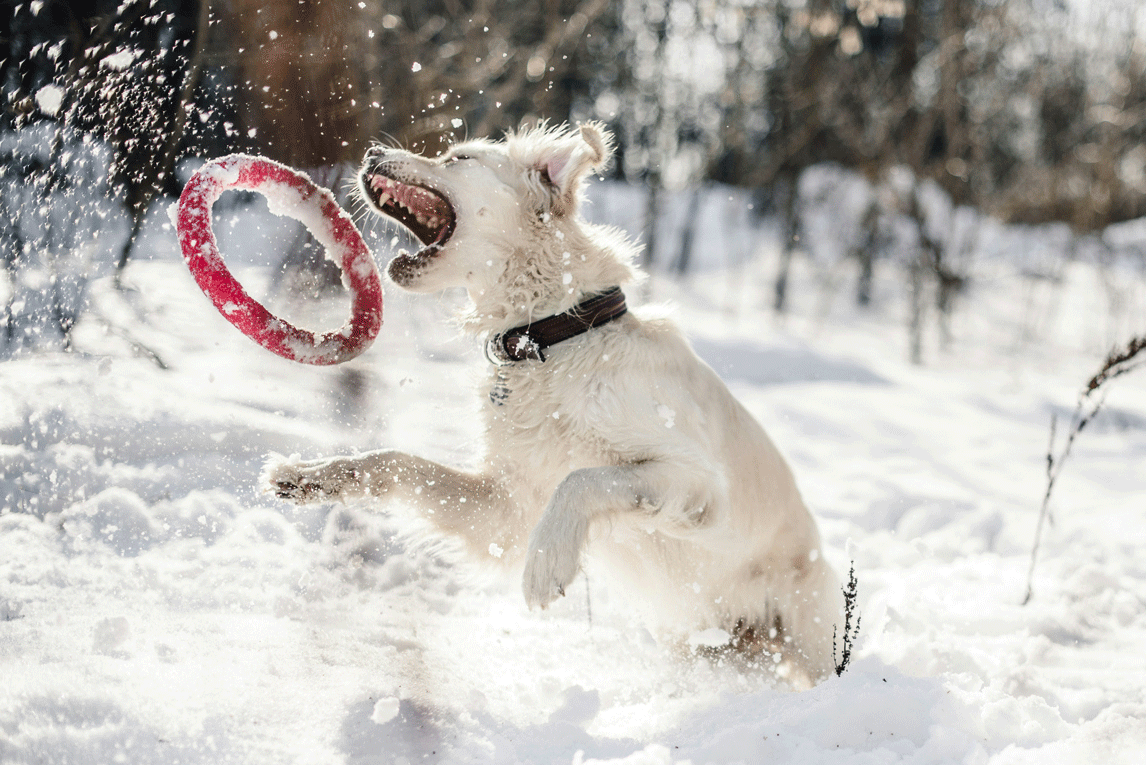Seasonal care protects your pet all year round
All four pillars of pet care contribute to the wellbeing of our pets and we have to keep in mind that we should take care of them every day, and consider their needs according to the season of the year we are in. For example, some species might suffer more during the crazy hot days of summer, and others get the shivers when the temperatures drop during winter: give them more water and refreshments when the heat waves come and a warm blanket or an inside space during winter!

Make sure you have the means to provide care
Protecting your pet’s well-being includes creating time and space for them. Having a pet is a privilege that is not granted to everybody. Before adopting an animal, make sure you have the means to sustain both yourself and your family, and your pets-to-be. If you do get a pet, then make sure they have a safe space to shelter inside or outside the house as appropriate and teach them the way to get back home if they get lost. If your pet does not need to spend lots of time outside, try and keep them active and entertained within their own inside spaces. Lack of exercise and activity may cause them to develop destructive habits. If you have children, teach them how to treat animals in a kind way, as pets are not toys to play with, but they can be best buddies.
Don’t be an absent pet parent
Pets can suffer from feelings of abandonment, and some of them need constant attention. Again, taking good care means creating time for them. The experience of owning a pet can be very educational for your children but it is good to ensure any pets are trained to share the same spaces and interact appropriately, to live peacefully side-by-side and without any risks. You may think that scratching at our clothes or furniture is something they will grow out of, or that play fighting is kind of cute, but actually it is best to correct such attitudes when they are still young, to avoid bad behaviour which may result in families wanting to give up a pet. There are tricks you can follow to teach your puppies or kittens not to bite hard so that they can learn where the boundaries are and they can grow as together as good friends.
Learn to recognise body language
Pet well-being also incorporates being aware of your pet’s body language. It is essential to learn how to recognise and interpret different signs, as we cannot just sit and chat with them about how their day is going. Understanding their behaviour changes can contribute to their wellbeing, as we would know immediately if they are feeling worried, submissive, relaxed, bored or happy. And we can then provide them with the right attention in response.





